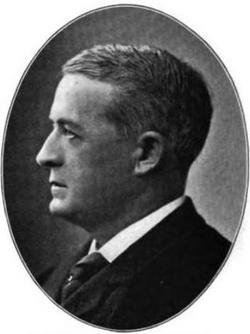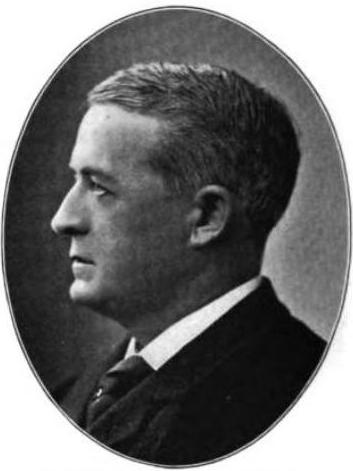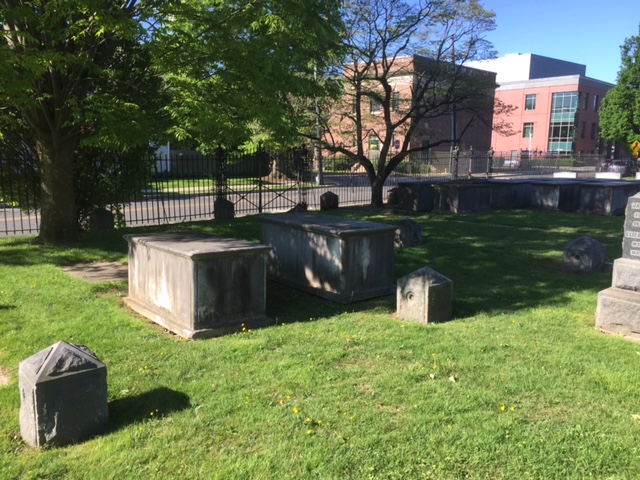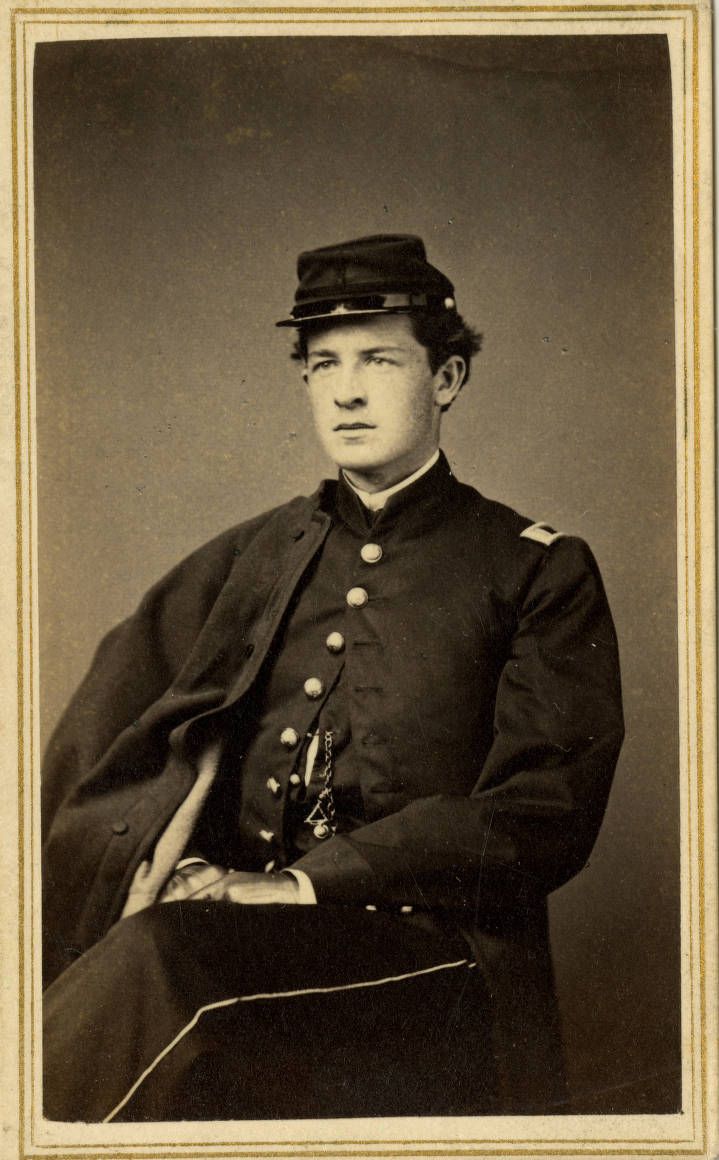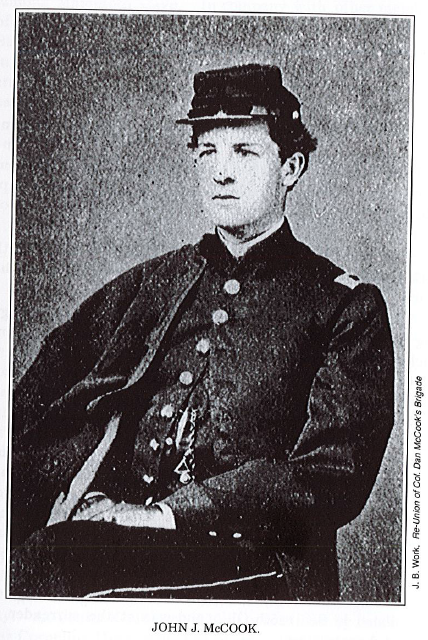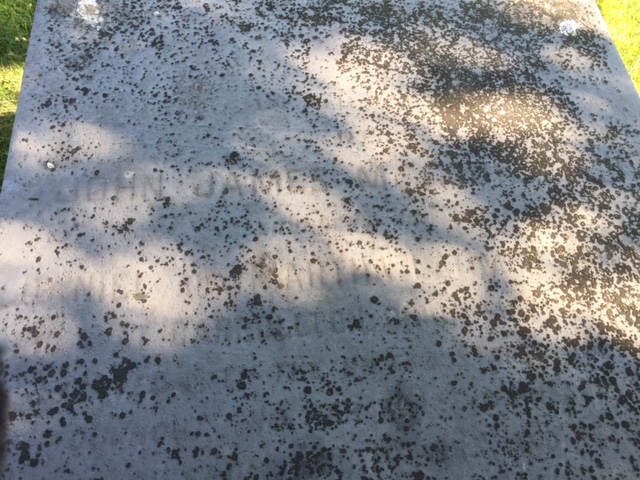Bio by: Bill McKern
Family Members
-
![]()
Dr Latimer Abraham McCook
1820–1869
-
![]()
BG George Wythe McCook
1821–1877
-
![]()
John James McCook
1823–1842
-
![]()
Catherine "Kate" McCook
1825–1847
-
![]()
Robert Latimer McCook
1827–1862
-
![]()
Mary Jane McCook Baldwin
1830–1902
-
![]()
MG Alexander McDowell McCook
1831–1903
-
![]()
BG Daniel McCook Jr
1834–1864
-
![]()
MG Edwin Stanton McCook
1837–1873
-
![]()
PVT Charles Morris McCook
1842–1861
Sponsored by Ancestry
Advertisement
Advertisement
